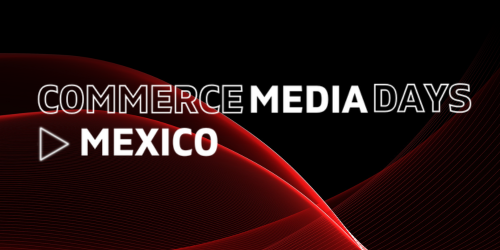A comparative rollout status in the big 5 countries
The expansion of fiber networks is progressing fast in Western Europe, where an average of 7 million premises were connected each quarter over the last year. If we consider the five biggest consumer markets in the region though, it is clear that the deployment of fiber infrastructures widely varies in each country. The market is currently being reshaped by an unprecedented investor rush in broadband infrastructures. Dozens of global and regional private equity funds have shown interest in deploying fiber connections in Europe, by acquiring local networks or investing capital in historical operators' infrastructures to finance the expansion of their footprint. With governments and local authorities providing huge scale subsidies in national fiber rollout projects, the context is ideal for network builders to find investors. In France for example, a total of €20 billion, out of which €3.3 billion from the government, are being invested into a national fiber rollout launched since 2013. At Q3 2021, over 28 million premises have been connected, with rollout prerogatives defined by zones and attributed to different network operators. Altice, which operates retail service provider SFR, had built over 3 million premises through its Covage network and through XP Fibre, a jointventure created in 2018 with Allianz, Axa and Omers Infrastructures that operates the network formerly known as SFR Collectivités. Bouygues, which is in charge of 3.4 million connections in dense areas, opened Axione's capital to Mirova in 2019. Last year, the shift towards a wholesale model accelerated in southern Europe. In Spain, where most premises have been connected by Orange and Telefonica so far, investors have recently become more present in the infrastructure landscape: Masmovil has been successively ceding a few million connected premises to new entrants like Lyntia Access (backed by Antin Infrastructure Partners) in 2019, and Onivia (backed by Macquarie, Aberdeen and Daiwa) in 2019 and again in 2021. In Italy, the national wholesale fiber network, OpenFiber, first established by Enel at the end of 2015 was sold in mid-2021 to a joint-venture between investment fund Macquarie and the government-owned Cassa Depositi e Prestiti. At the time, it already covered a total of 12 million premises, or over 60% of its original target to cover the whole country. This was announced a few months after KKR Infrastructure injected capital in FlashFiber, a competing initiative launched in 2017 by TIM and Fastweb. In Germany, the extensive coverage of Deutsche Telekom's copper network, the lack of regulation in favour of open access networks and the extensive costs of connecting individual housing to fiber optical networks have held back the country's infrastructure rollout until recent years. But as the German government gives access to more subsidies to expand investments towards grey and white zones,...











